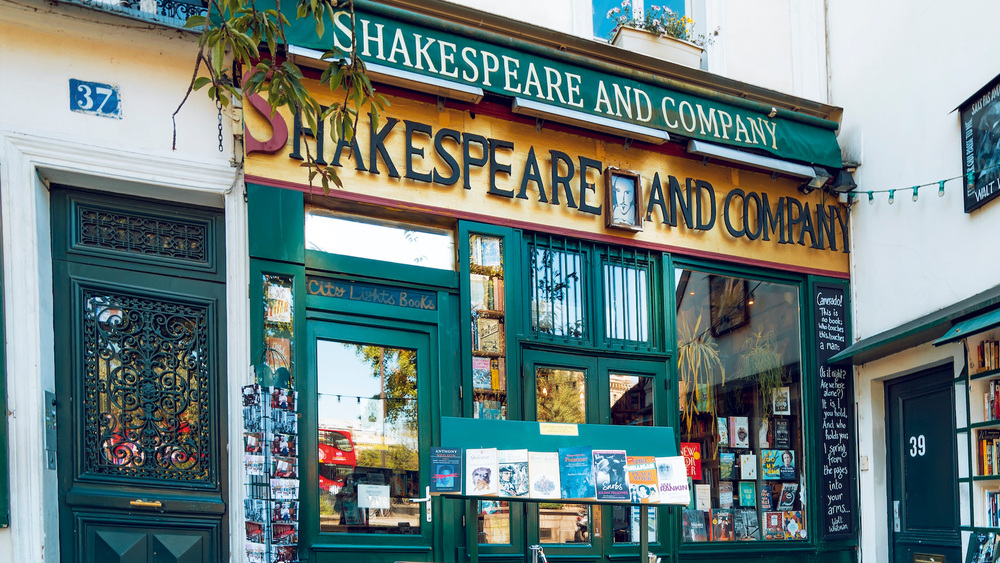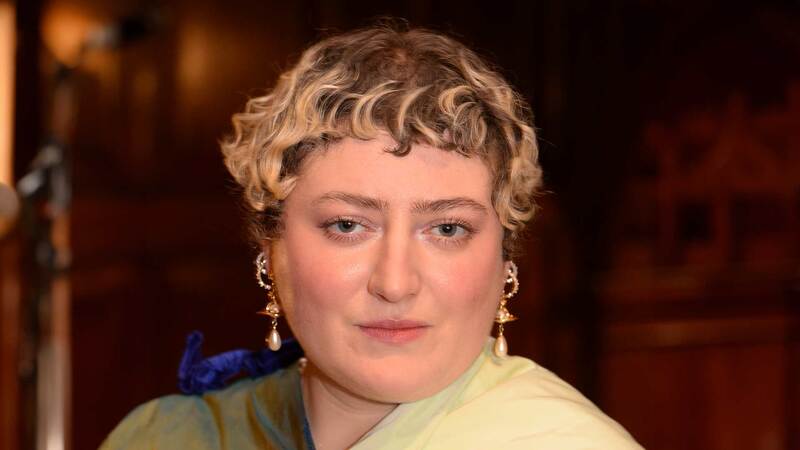You are viewing your 1 free article this month. Login to read more articles.
French publishing industry leaders 'optimistic but cautious' after National Rally's surprise election loss
Book business leaders in France are optimistic but remain cautious following the surprise defeat of the far-right party National Rally (RN) and the victory of the left-wing New Popular Front (NPF) alliance in the election.
Vincent Montagne, president of the French Publishers Association (Syndicat National de l’Édition, SNE) has said he will wait and see what the new government will bring to the industry in France.
However, he said that he was fairly optimistic about the immediate future. "My several decades of experience in book publishing shows that there is always unanimity between the political left and right about the complex subject of books, whether in the National Assembly (lower house of parliament) or the Senate," he told The Bookseller. "Politicians have understood that books are not a product like any other."
Despite this, Montagne said he did not expect much change in public book policy from that of the outgoing government. "I just hope that we will have support for our projects now in progress in the complicated period ahead, such as implementing our recent agreement with authors."
The RN came third in the election runoff, trailing the NPF and the centrist Ensemble alliance of president Emmanuel Macron’s Renaissance party and other groups. Lacking a majority, the two leading blocs are expected to negotiate the formation of a new government.
The far-right had been tipped to win a relative if not absolute majority in the National Assembly or lower house of parliament in the snap elections called by Macron on 9th June after his Renaissance party and centrist partners suffered a massive defeat in the European parliamentary elections.
"We have no idea what the new government will plan for books. Traditionally left-wing governments have always supported books and culture in general, although the NPF will not govern alone," said Anne Martell, president of the French Booksellers Association (Syndicat de la Librairie Française, SLF).
The SLF will remain vigilant to ensure its values are respected and that the 1981 fixed book price law remains in place, despite pressure from lobbies at the European Commission in Brussels to ditch it, Martell said. The association said it would continue to support the Culture Pass for children, adolescents and young adults. "It first brought young people into bookshops to buy manga, but now they leave with books of all kinds. They are people we never saw before."
Martell, though, is worried about the NPF’s proposal to raise the net minimum wage. "Because of the fixed price law, booksellers could not pass on the increase to customers," she said. "It would also mean higher salaries for existing staff in order to pay them more than new recruits. Even if small independents survive, owners would probably have to make staff redundant or stop paying themselves. It would be very, very, very difficult."
Christophe Hardy, president of the French authors’ society Société des Gens de Lettres (SGDL), is "reassured" by the election result. "The NPF’s manifesto was the only one to include serious promises for culture," he told The Bookseller.
Publishers’ power in collective negotiations with authors is worrying, said Hardy, who has been SGDL chief since 2020. "Agreements on author contracts so far have not resolved the problem of remuneration and shared value, and proposals on the table are not constructive. This is where we will need backing from the new government," he added.
Hardy regrets that outgoing culture minister Rachida Dati did not have time to organise a major debate on the books, including copyright, AI and other issues that she was planning for the autumn but hopes the idea will be taken up by the new culture minister.
Before the election, authors’ societies issued a series of anti-RN statements and a total of 2,825 publishers, booksellers and authors signed a petition on change.org calling for voters who believe that "books are more necessary than ever in a troubled society" to prevent a far-right victory.

















